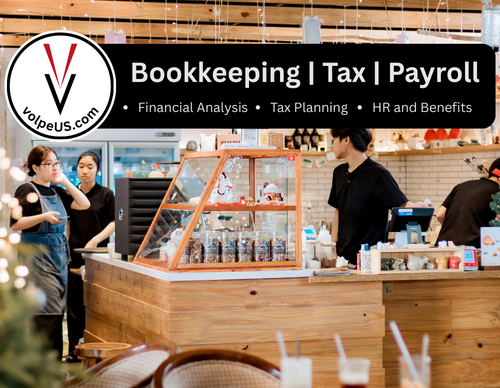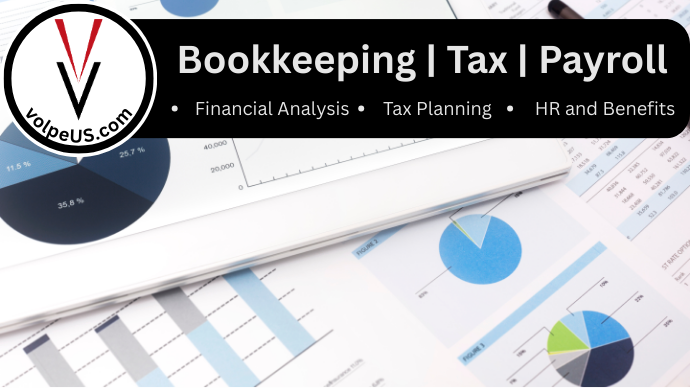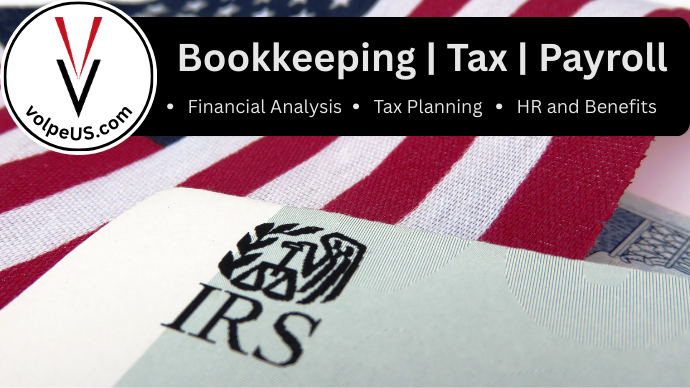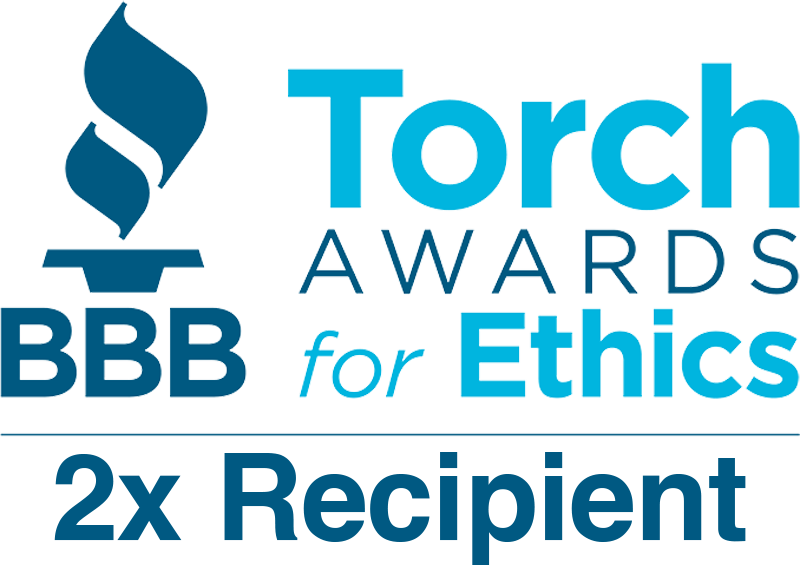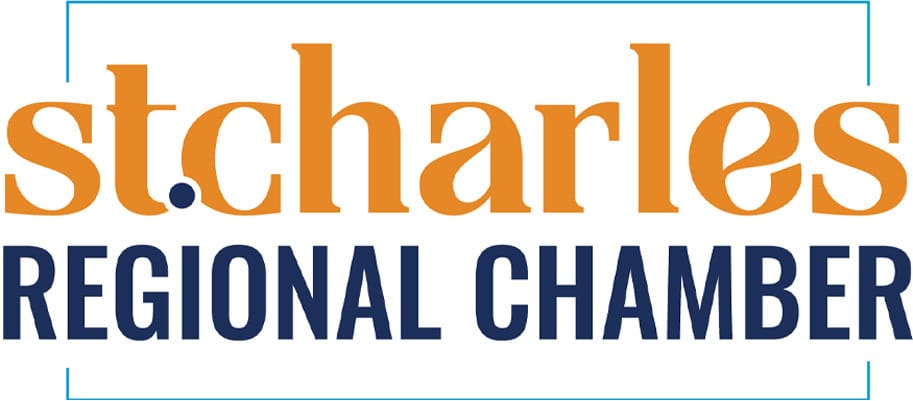Accounting for Franchises: The Definitive Guide
When buying into a franchise, there are many unknowns. One of the things we are frequently asked is, “How does accounting work for franchises?” As experts in franchise accounting, we created a guide to help you understand what you can expect in regards to accounting for your franchise.
What is a franchise?
Franchise is a business concept which provides a customer with access to a specific and often high quality brand through which a franchisor derives revenue. In addition, franchisors that offer a single brand with a standardized system of business operations and structure have common business rules and definitions of terms. The initial and ongoing responsibilities of a franchise business owner and owner representatives, referred to as the Franchise Disclosure Document (FDD), is to provide information to potential franchisees about their business model, proprietary systems of operation and the business operations of other franchisees. All other franchisees in the system may, depending on the franchise agreement and its local regulations, vary from this. Who does the franchisor report to?
Accounting for franchise taxes
Taxes should not be a surprise to anyone, especially when it comes to taxes. The first question you’ll likely have is, “What tax documents should I expect?” If you are applying for financing or registering your franchise, the applicable franchise taxes, which are called franchise sales tax (FST) or franchise income tax (FIT), will be listed on your application, and you will need to have them complete and submit. If you are purchasing a franchise in any state where they are taxed as a business, you may be required to purchase a general sales tax license before you can complete the process of purchasing a franchise. When purchasing a franchise, it is always a good idea to do your research ahead of time. The franchise you are considering should have sufficient
Accounting for Franchises: The Definitive Guide
When buying into a franchise, there are many unknowns. One of the things we are frequently asked is, “How does accounting work for franchises?” As experts in franchise accounting, we created a guide to help you understand what you can expect in regards to accounting for your franchise.
What is a franchise?
Most people are familiar with a franchise as a business in which you “buy in” to a company. A company like McDonald’s franchise has employees that you are “connecting with” through the “Mickey D’s” commercial as you enjoy a burger and fries. But there are many others as well. There are truck-stop franchises and car dealerships. You may be familiar with franchise restaurants that have a location such as McDonald’s, Pizza Hut, or Subway. In all of these businesses, you can “buy in” to a franchise, meaning you can become a part owner, and you can also become the operator of that location. These franchisees are called franchisees. In all of these businesses, there are people behind the operation that own the company and the equipment, and people that work at the location.
Accounting for franchise taxes
Franchisees should expect their individual franchise contracts to detail the franchise fee, transaction, and amortization schedules for different legal entity types. As of September 2013, the IRS has published specific tax rules that address how various accounting strategies are impacted when a franchise has more than one set of tax equity investors. Specifically, an example is if an individual contributes $10,000 to a franchise but owns 30% of the franchise. If the individual transfers ownership to the franchise, and therefore is treated as a 50% owner of the franchise, the franchise pays the income tax on the $10,000 paid by the individual. However, if the individual is transferred to the franchise as a management employee, the individual is taxed as a franchisee.
Accounting for Franchise Royalties
Royalties are a relatively new type of income that tends to be recorded on your company’s statement of income, usually with the franchise’s name next to the line as a “subsidiary” for accounting purposes. In fact, until about a decade ago, royalties did not even require tax returns to file. However, recently there has been an increasing number of royalty income that has been required to be recorded on the income statement, with a significant portion of the income going directly to the U.S. Treasury as taxes. This means that your royalty income needs to be examined carefully in order to ensure that it is taxed correctly.
Accounting for Franchise Fees
Franchise fees are a necessary part of getting a business started. But how can the franchisees know how much of a cut they’ll get from each fee? The reality is that every franchise fee is different and there is no “right” way to calculate the amount of a franchise fee for a given franchise. Franchise fees include expenses that may be part of the overall cost of the business but do not include the cost of the tangible property purchased, that is, inventory, the equipment, the furniture, and the business premises. These purchases are part of the cost of the business. The components of a fee for a given franchise have to be calculated by the franchisees and accepted by the franchisor before the franchise agreement is approved.
Conclusion
Franchises are no longer for the timid. They are no longer a back-office position in a company with little to no personal ownership. Today, franchises are different. Most franchisors are now true entrepreneurs. They are built from the ground up with an operational headquarters in each franchisee’s market, a team of entrepreneurs, employees, lawyers and CPA’s. This gives franchisors a much more consumer-friendly environment, allowing them to better establish a relationship with the consumer. A relationship, however, that should be communicated with full transparency in terms of personal ownership, accounting and training. It is safe to say, that many franchisors are avoiding the franchisor profit that is taken out of the pockets of franchisees.


